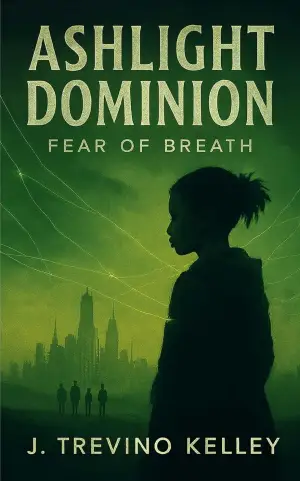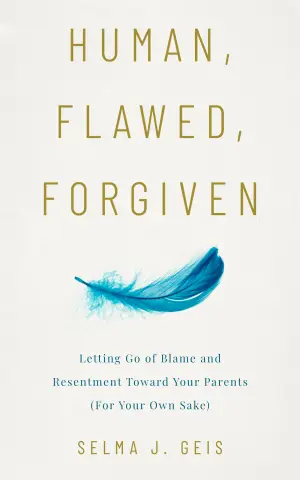Unraveling the Madness: A Personal Journey Through Cat’s Cradle
When I first stumbled upon Cat’s Cradle by Kurt Vonnegut, it felt like a serendipitous encounter. I’d heard whispers of its brilliance, yet nothing could prepare me for the whirlwind of insights and absurdity it would unveil. Personally, I’ve always been drawn to narratives that juxtapose humor with the grim realities of existence, and Vonnegut is a master at simultaneously tickling the funny bone and tugging at the heartstrings.
At its core, Cat’s Cradle is a satirical exploration of modern man’s follies, featuring an eclectic cast led by the refreshingly unpredictable midget, Newt Hoenikker. As the son of the "father of the atomic bomb," Newt embodies the complex relationship humanity holds with science, religion, and the looming specter of apocalypse. The plot intertwines these elements with the amusing theology of Bokononism, conceived by a calypso singer, which serves as a playful yet chilling mirror reflecting our own beliefs and absurdities.
One of the most striking aspects of Vonnegut’s writing is his deft ability to convey rich narratives through a series of concise, digestible chapters—127 in total, each packed with some deliciously dark humor and poignant observations. This structure made it easy to devour the book in bursts, and I found myself lingering over quotes such as, “When I’m dead, I’m going to forget everything—and I advise you to do the same.” This line has echoed in my mind, provoking reflections on our fleeting existence and the weight of memory.
The characters are wonderfully exaggerated yet strikingly relatable; from the neurotic scientists to the fanatical adherents of Bokononism, each personage dances through a chaotic world governed by absurdity. Vonnegut’s gift lies in his ability to place ordinary individuals in extraordinary predicaments, and here, even the mundane reveals the extraordinary depth of the human experience. It’s a chaotic carnival of intellect, emotion, and sardonic humor that keeps the reader engaged, reflecting a world that is often nonsensical yet profoundly significant.
Through Vonnegut’s lens, I found a collective introspection, an urge to question the structures we’ve built—be they societal, religious, or scientific. The thesis that runs through the pages—often highlighted by an exasperated chuckle at the follies of humankind—struck a chord with my own contemplation of life’s fragility and irony.
In conclusion, I wholeheartedly recommend Cat’s Cradle to anyone craving a heady mix of satire and philosophical inquiry. Whether you’re a seasoned Vonnegut aficionado or new to his work, this novel promises not just a story but an experience that lingers long after the last page is turned. The laughter may be interspersed with moments of existential dread, yet it invites readers to find joy, even amidst chaos. As I closed the book, I felt a renewed perspective—not just on Vonnegut’s world, but on my own. So go ahead, embrace the absurdity; you might just find a piece of yourself in the pages.






